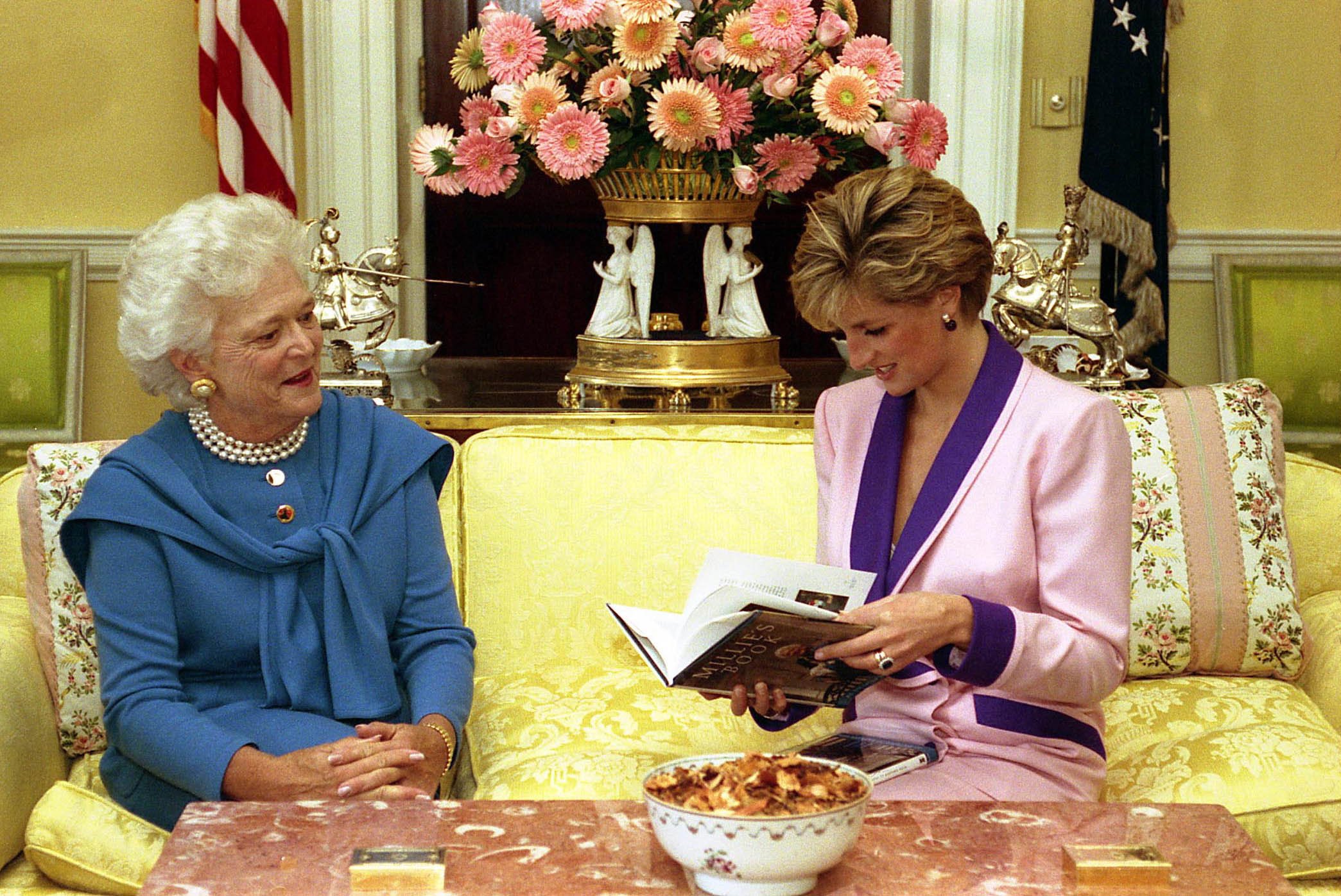In “The Age of Innocence,” novelist Edith Wharton’s 1920 Pulitzer Prize-winning “backward glance” at the Gilded Age New York of her childhood, lawyer Newland Archer is set to marry May Welland in a match of illustrious families. The couple’s prospective marital bliss is soon clouded, however, by the New York return of May’s cousin, the beautiful, independent-minded Countess Ellen Olenska, seeking to escape her unhappy union with a Polish count.
Newland is asked to dissuade Ellen from the scandal of divorce — in Martin Scorsese’s 1993 film adaptation, he’s asked to facilitate the divorce on her behalf — but instead falls in love with her and particularly her unconventionally view of society, both of which threaten its norms. What transpires are the efforts of everyone — the honorable Ellen; Mrs. Manson Mingott, the family’s redoutable matriarch; but especially May, who turns out to be less demure and more devious than expected — to ensure that Newland remains in the marriage’s, and society’s, folds.
I thought a lot about “The Age of Innocence” as I binge-watched the fifth season of “The Crown” — even as the sixth and final season concluded on Netflix — and read about the ouster of Claudine Gay as president of Harvard University after her disastrously naive performance before a Congressional committee on anti-Semitism on college campuses in the wake of the Israel-Hamas war.
Read More





